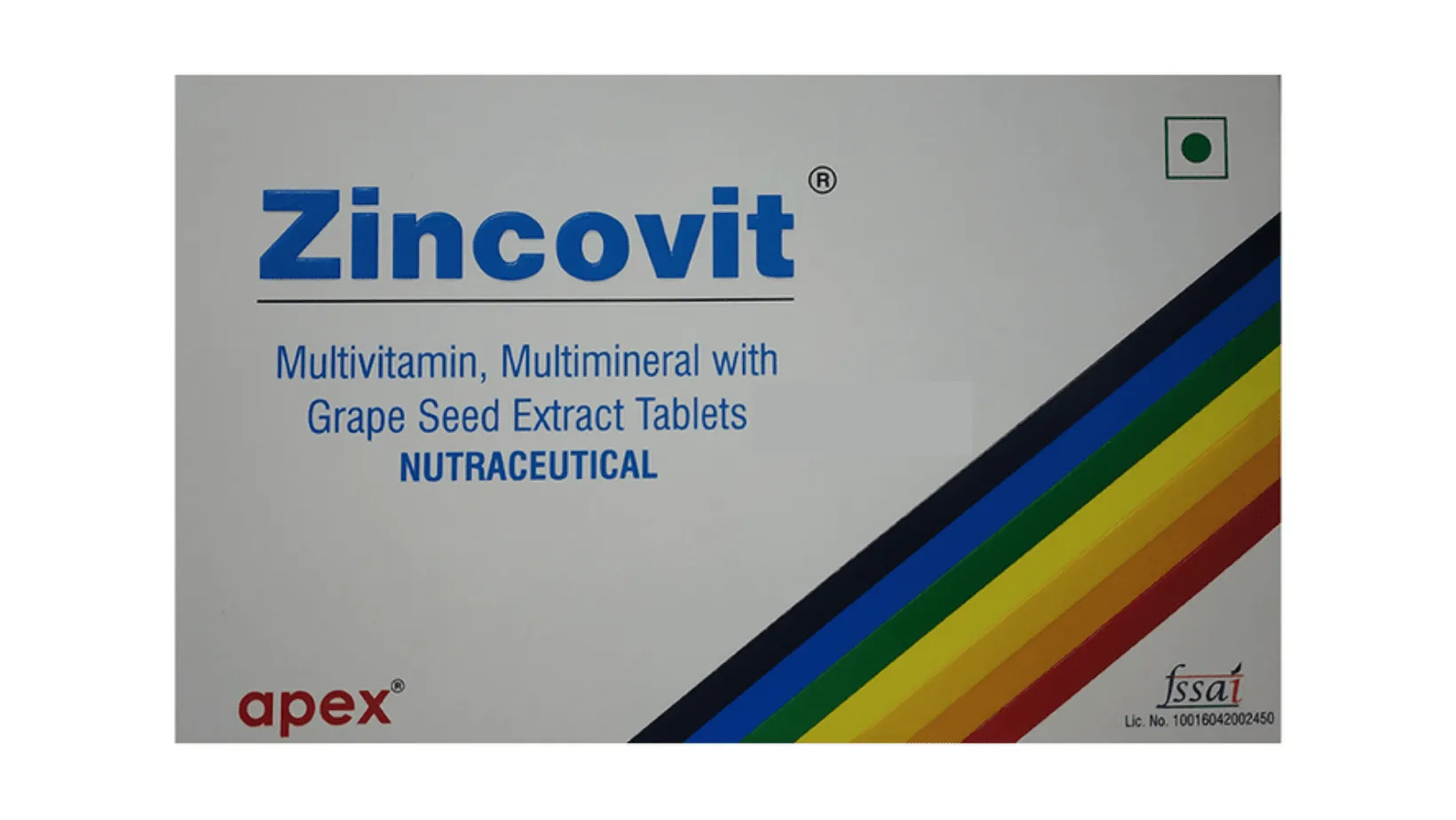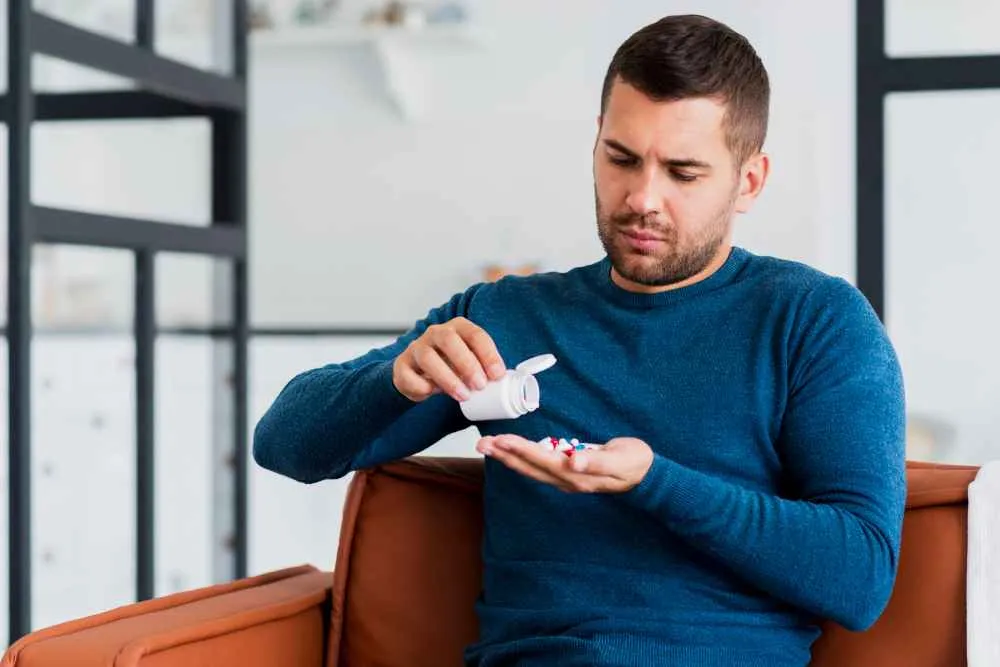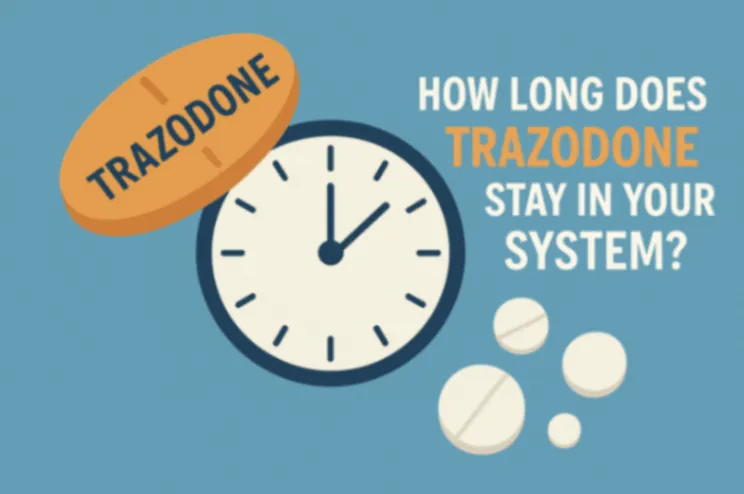Drug addiction is a disease that changes the fate of millions of people around the world. It is a real epidemic that is becoming more and more tragic every year. According to WHO, over the last 10 years, the number of people who use drugs has increased by 23%. That's almost 300 million people, 450,000 of whom will not live to see another year.
Like any other disease, addiction to drugs is treatable. In a specialized drug rehab center, it is most effective. In such places, drug addiction is treated on both physical and mental levels. The patient is in comfortable conditions under the constant supervision of medical specialists.
The earlier you seek help in a rehabilitation center, the less damage will be done to the body and the lower the likelihood of relapse. In this article, we will tell you what 10 signs you can use to determine that your loved one is in trouble and needs drug addiction treatment.
How a person addicted to drugs changes
Drugs affect the appearance and mental state of people in different ways. But there are common traits that characterize addicts. If the following signs are present in your family or loved ones, it is a cause for concern.
1. Weight loss or gain
Regular drug use has a direct impact on the metabolism. This can be easily noticed by external signs. Usually, the addict of psychoactive substances loses weight, has a sickly appearance. In some cases, another picture is observed: against the background of developing mental illness and eating disorders caused by drugs, the addict, on the contrary, quickly gains weight.
2. Constant lying
The constant influence of psychoactive substances on the brain imposes a serious imprint on the personality. Such a person is ready to do anything to get the necessary dose of the substance. Therefore, they often tell untruths. Even caught in a lie, often continue to adhere to the chosen line of behavior.
3. Secrecy and social isolation
A drug addict's social circle changes. Usually it is limited to people who have only one common interest: getting high from another dose.
4. Destructive behavior
Drug addiction changes a person's attitude to the people around him. They become either enemies who prevent getting high, or a means to get it. This is often accompanied by aggression and resentment, for which there are no obvious reasons.
5. Mood swings
Under drugs, a person may look peaceful and carefree. As soon as their effect ends, the mood is spoiled. All this is a consequence of a strong physical and psychological dependence on substances.
6. Sleep disturbance
Psychoactive substances can accelerate or inhibit the psyche. As a result - insomnia and loss of energy.
7. Problems with work or study
Against the background of behavioral changes and cognitive decline, drug addicts often lose their jobs, they are expelled for failure in educational institutions. This is not the main thing for them. The main thing is to get a dose.
8. Financial problems
Loss of work and social connections, constant spending on drugs lead to serious financial problems. A person does not have enough money for food, clothes, housing.
9. Stealing
The result of financial problems is theft. At first, valuable things disappear from the family home, then the addict starts stealing from stores.
10. Denial of hobbies and pastimes
Addicts are not interested in the world around them. They are not the people you used to know them to be. Their outlook narrows and everything is reduced to a single goal: to get a dose.
How to help a loved one
The only way for a family to get their loved one back and keep him healthy is to seek help in a timely manner in a rehabilitation center. Here, the addict will undergo a complex path of recovery through a comprehensive program.
Such programs usually include:
-
removal of substances from the body - detox for drugs;
-
mitigation of withdrawal symptoms with the help of specially selected medication;
-
ongoing specialist monitoring of vital signs;
-
24/7 psychological and mental health support;
-
effective therapies to teach positive behaviors;
-
group therapies and relapse prevention.
Drug rehab is never simple. It is a complex process that takes time. Seeking rehab is the first and most effective step that will allow an addict to start their life with a clean slate.
Reviewed by







